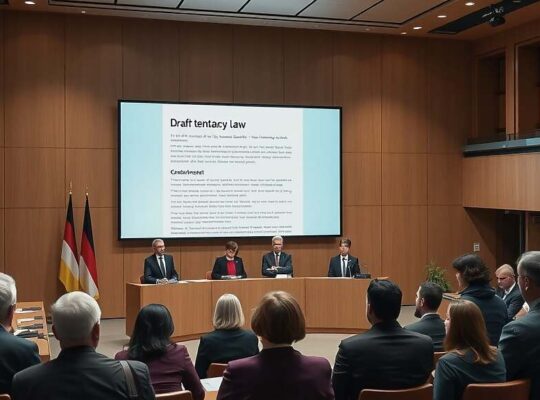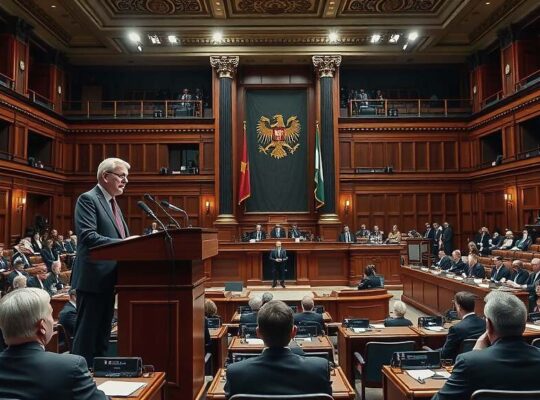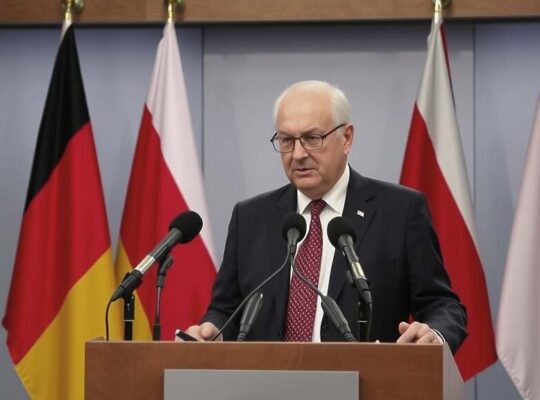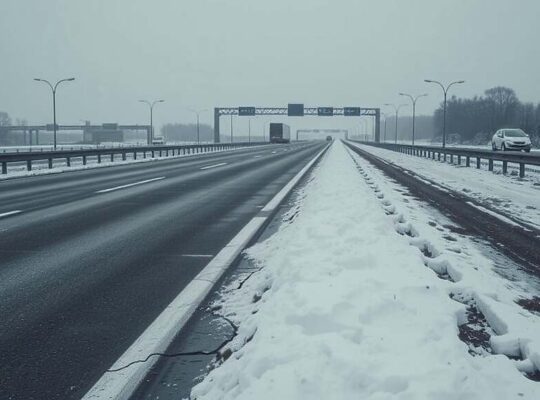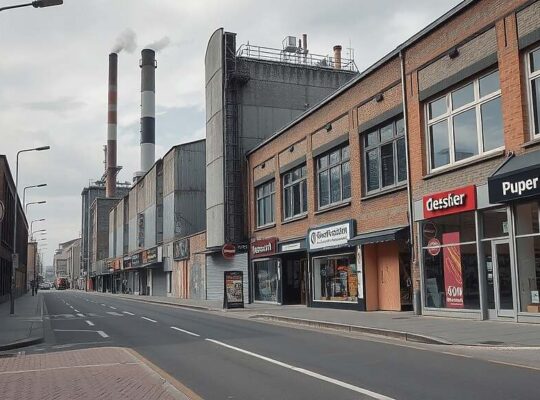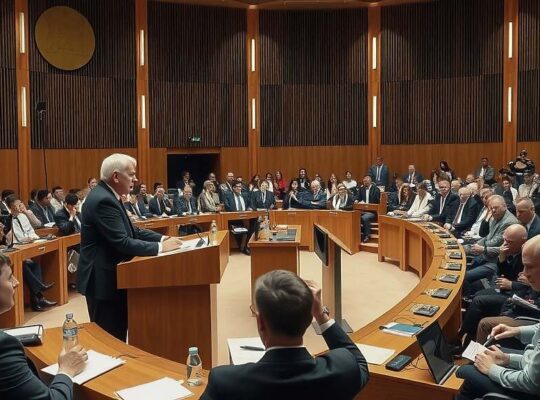Germany faces a burgeoning drug crisis, prompting stark warnings from government officials and raising critical questions about the nation’s preventative measures. Hendrik Streeck, the Federal Government’s Drug Commissioner, has cautioned that municipalities and cities are increasingly burdened by escalating drug consumption in public spaces, a situation he describes as resembling a nascent crisis.
Speaking to the “Rheinische Post”, Streeck highlighted concerning data indicating a marked rise in the usage of cocaine, crack and synthetic substances across various regions. A key factor contributing to the problem, he notes, is the increased availability and affordability of highly potent drugs, a circumstance drastically altering the landscape of substance abuse.
The criticism leveled by Streeck isn’t solely focused on the current surge, but also the reactive nature of the government’s response. He argues that current approaches are largely situational, lacking a forward-looking and preventative strategy. This reactive posture, he stated, mirrors past failures, specifically referencing the handling of the COVID-19 pandemic where developments were recognized and addressed too late.
This assessment echoes concerns previously voiced by Interior Minister Alexander Dobrindt, who also flagged the potential for a renewed drug crisis within Germany. The need for a coordinated, cross-departmental approach is now being emphasized, demanding collaboration between law enforcement agencies (police, customs, BKA), the judiciary, local authorities, healthcare professionals, addiction services and preventative programs.
The emerging situation prompts critical scrutiny of existing drug policies and the allocation of resources. Whether the government’s acknowledgment of the escalating crisis will translate into a fundamental shift in strategy remains to be seen, but the warnings signal a growing urgency within political circles to confront a problem with potentially devastating consequences for communities across Germany.



